OPINION: Christianity is not an excuse to pass judgment
The words hate and love are very different.
Love displays connection, passion and kindness. Hate shows coldness, disconnect and discrimination. Though the words are obviously different when it comes to their textbook meanings, for some reason, most people living under the Christianity umbrella of faith tend to forget the meanings of the words once they are outside of the church itself.
Time and time again Christians will hear the words “Love your neighbor as yourself” preached in the church, but once they step outside the church, that concept is soon forgotten.
The verse itself is from the book of Mark 12:29-31. Jesus says that loving your neighbor as yourself is the second most important commandment, the first being to “Love the Lord your God with all your heart and with all your soul and with all your mind and with all your strength.” In this verse, Jesus calls people to love others as they would love themselves. The basis of this commandment is people must love themselves first before they are able to love each other. Only then can someone love another at the full capacity in which they love themselves.
While the process and time it takes for people to love themselves is subjective to the person, a person needing to love themselves first and foremost does not grant the person the right to hate others.
For centuries, Christians have used their views as a way to push their harmful opinions upon others and onto one another. This has occurred with many historical events including the fights for LGBTQ+ and reproductive rights. It has been present even in the church with people judging one another whether it be for having a child out of wedlock, getting a divorce or even having struggles at a specific point in their life. But sometimes, what people fabricate and dissect from the Bible are not ideals the faith calls for.
“Growing up in church and spending a lot of my formative years surrounded by ‘Christian’ people, I learned firsthand how hurtful religion can be because it gives people ‘excuses’ to be harmful, discriminatory, racist, sexist and so much more,” sophomore Lydia Moriss, who was raised Methodist — a denomination of Christianity — and is no longer religious. “It ‘allows’ people to judge and exclude. I think the people that believe in the Bible, and use it as ‘directions’ get so caught up in thinking that if they just do what it says they will be a good person. They forget the fact that the Bible does not tell us to exclude people or hate on them for their race, gender, or sexuality.”
Some Christians’ tendency to create “just” reasoning out of twisting verses in the Bible with the intent to place judgment on others goes against everything a genuine Christian believes in.
“When people use religion to push hate, they push people away from religion,” sophomore Emma Kate Bretzlaff, who was raised Christian and is now an atheist, said. “I lost my faith due to hateful churches and [hateful] Christians. They believe they are saving people, but they are pushing them out of religious spaces.”
An important aspect of Christianity is to have a faith where people can understand and love one another. Will there inevitably be sins? Yes. Humans are fallen people who inevitably commit sins. But just because someone’s sin is not as visible as someone who happens to love another person of the same gender does not mean they are superior to the queer person. There should not be superiority or a ranking system. A genuine Christian wouldn’t care about competing with other people to be the “holiest,” they would be dedicated to doing the best in their faith they can and building a personal connection to God.
“I think religion and the church have potential,” junior Emma Thompson, who was raised Presbyterian — a denomination of Christianity — and is still religious, said. “I have seen it change in the sense that my dad [a pastor at a Presbyterian church] went from anti-abortion to a progressive liberal pastor in Austin, Texas, who is one of the only churches willing to marry a queer couple. I think people need to let go of the idea that we will all follow one thing and just get comfortable with differing views in order for things to change.”
While there are genuine bylaws the Bible lists, at the end of the day, everyone sins. Regardless of someone’s wrongdoings, eventually, everyone will be asked the same question: Did you love them despite their wrongdoing?
Loving people and accepting their lifestyle are completely different things. More Christians need to understand they do not have to accept everyone’s lifestyles, but they do have to treat them with kindness and respect. More Christians need to understand the premise of the words, “Love your neighbor as yourself.”



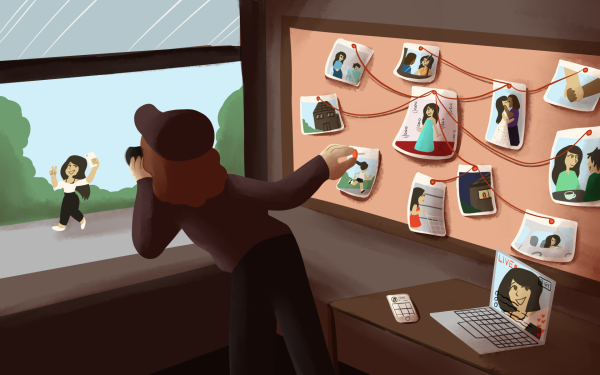


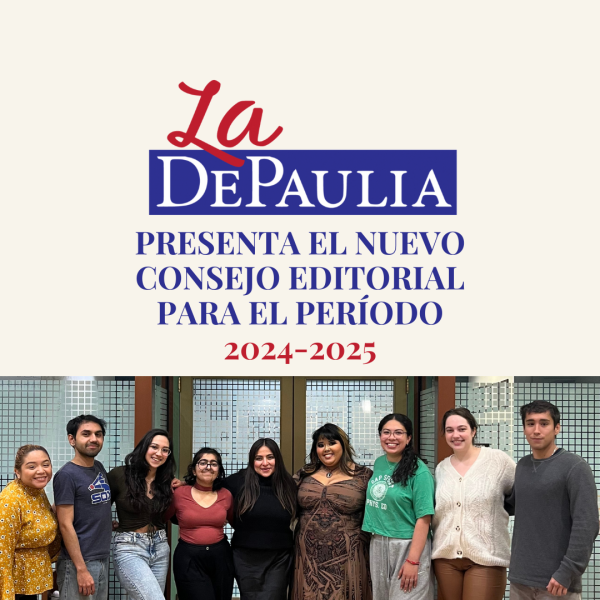

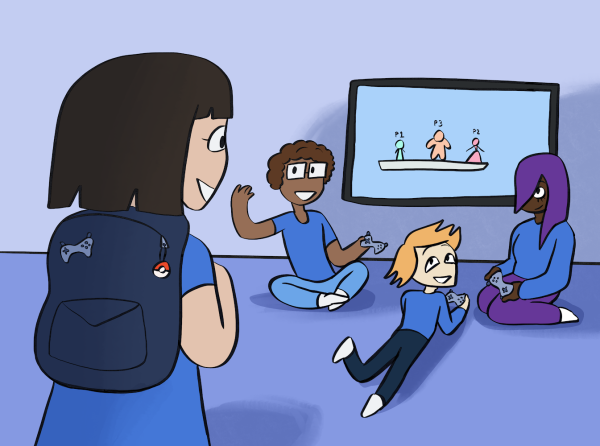
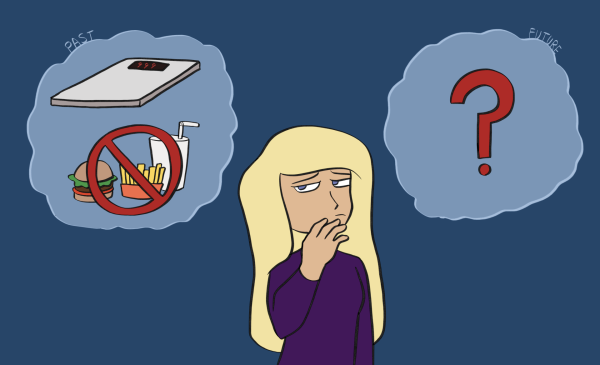
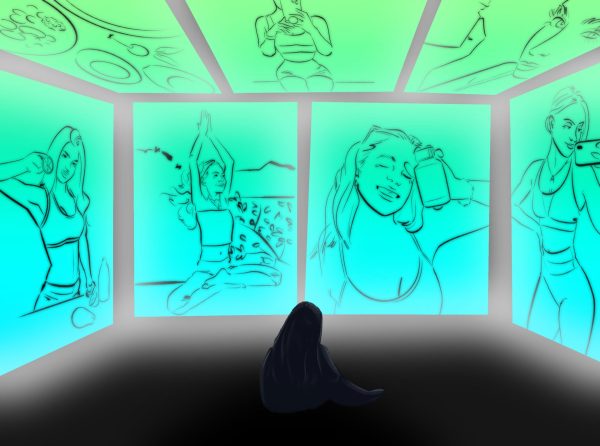


Henry • Oct 4, 2022 at 11:17 pm
Easily 500 Christians murdered around the world monthly for their faith, and despite all the noise from every demographic in society these days you can’t ignore a few outspoken Christians?
FYI: There is no proportional difference between none believing sinner’s and sinners that believe. The pews are full of sinners, that’s why they’re there! Its just a choice they make because they want to know more. They’re just passionate to let others know. They have no power over you. Ignore them or else you’re the Kettle calling the pot black.
FYI: I haven’t been to church in years.